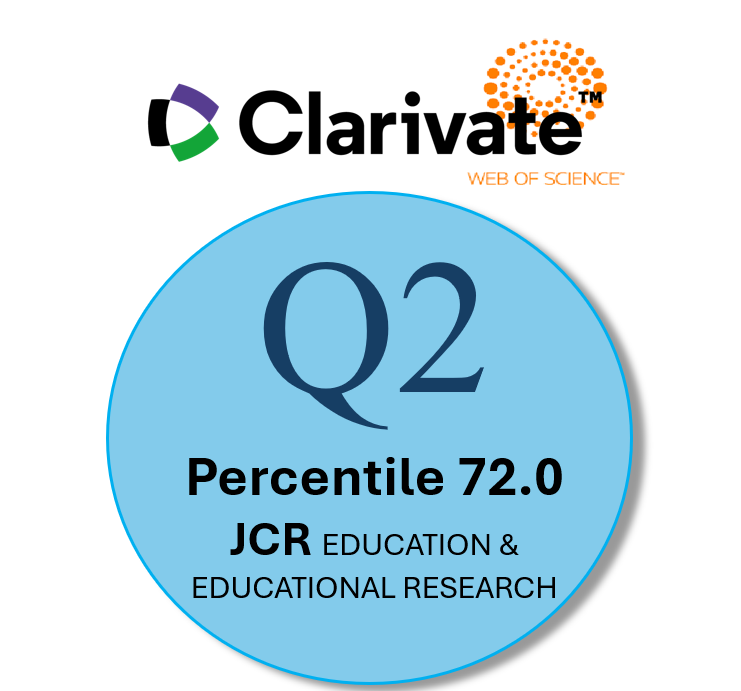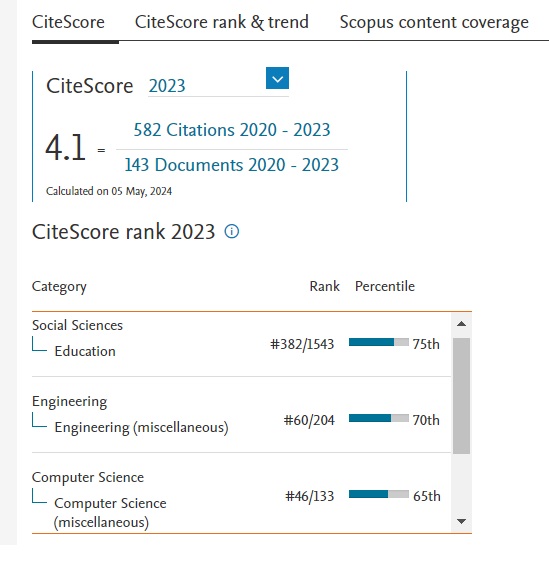LA AUTORÍA Y LA ACREDITACIÓN DE LA IDENTIDAD EN LOS TRABAJOS PERSONALES EN EDUCACIÓN A DISTANCIA. UNA EXPERIENCIA
Resumen
Trabajo documentado en los casos de acreditación en los que participan: Alfonsina del Río Sonia Ruth Bryndum Isabel Folegotto y Roberto Tambornino (Entrevistadores) José Antonio Jerónimo Montes (Tutor) Miguel Zapata Ros (Tutor y coordinador) ¿Cómo valoramos los trabajos, los aprendizajes personales, y en definitiva cómo promocionamos otorgando competencias y grados a los que han seguido los cursos a distancia?. Está claro que una tesis o una investigación, acompañados de un proceso de trabajo que dura varios años, en el que se intercambian decenas o centenas de mensajes y de escritos entre un alumno y sus tutores, hay elementos de valoración suficientes para evaluar si se han alcanzado las metas previstas. Pero en última instancia ante un trabajo personal hay una cuestión añadida de vital importancia ¿cómo sabemos que el autor es quien dice ser? Se vuelve a plantear la incógnita que motivó la viñeta de Steiner en New Yorker1, en la que se ve a un perro al teclado de un ordenador dice: En Internet nadie sabe que eres un perro (On the Internet, nobody knows you're a dog). Detrás de esta inquietud subyace, qué duda cabe, una preocupación esencial por varias cuestiones básicas: ¿puede ser un programa de formación absolutamente a distancia?, ¿qué garantía académica o profesional se otorga a estos títulos?. Y lo que es más importante ¿qué credibilidad tienen socialmente?. En este trabajo se aborda el problema de la autoría y de la acreditación de la identidad en los trabajos personales que se hacen en Educación a Distancia, una experiencia sobre ese tema y una reflexión.Descargas
-
Resumen942
-
PDF197
Las obras que se publican en esta revista están sujetas a los siguientes términos:
1. El Servicio de Publicaciones de la Universidad de Murcia (la editorial) conserva los derechos patrimoniales (copyright) de las obras publicadas, y favorece y permite la reutilización de las mismas bajo la licencia de uso indicada en el punto 2.
2. Las obras se publican en la edición electrónica de la revista bajo una licencia Creative Commons Reconocimiento-NoComercial-SinObraDerivada 3.0 España (texto legal). Se pueden copiar, usar, difundir, transmitir y exponer públicamente, siempre que: i) se cite la autoría y la fuente original de su publicación (revista, editorial y URL de la obra); ii) no se usen para fines comerciales; iii) se mencione la existencia y especificaciones de esta licencia de uso.
3. Condiciones de auto-archivo. Se permite y se anima a los autores a difundir electrónicamente las versiones pre-print (versión antes de ser evaluada) y/o post-print (versión evaluada y aceptada para su publicación) de sus obras antes de su publicación, ya que favorece su circulación y difusión más temprana y con ello un posible aumento en su citación y alcance entre la comunidad académica. Color RoMEO: verde.














